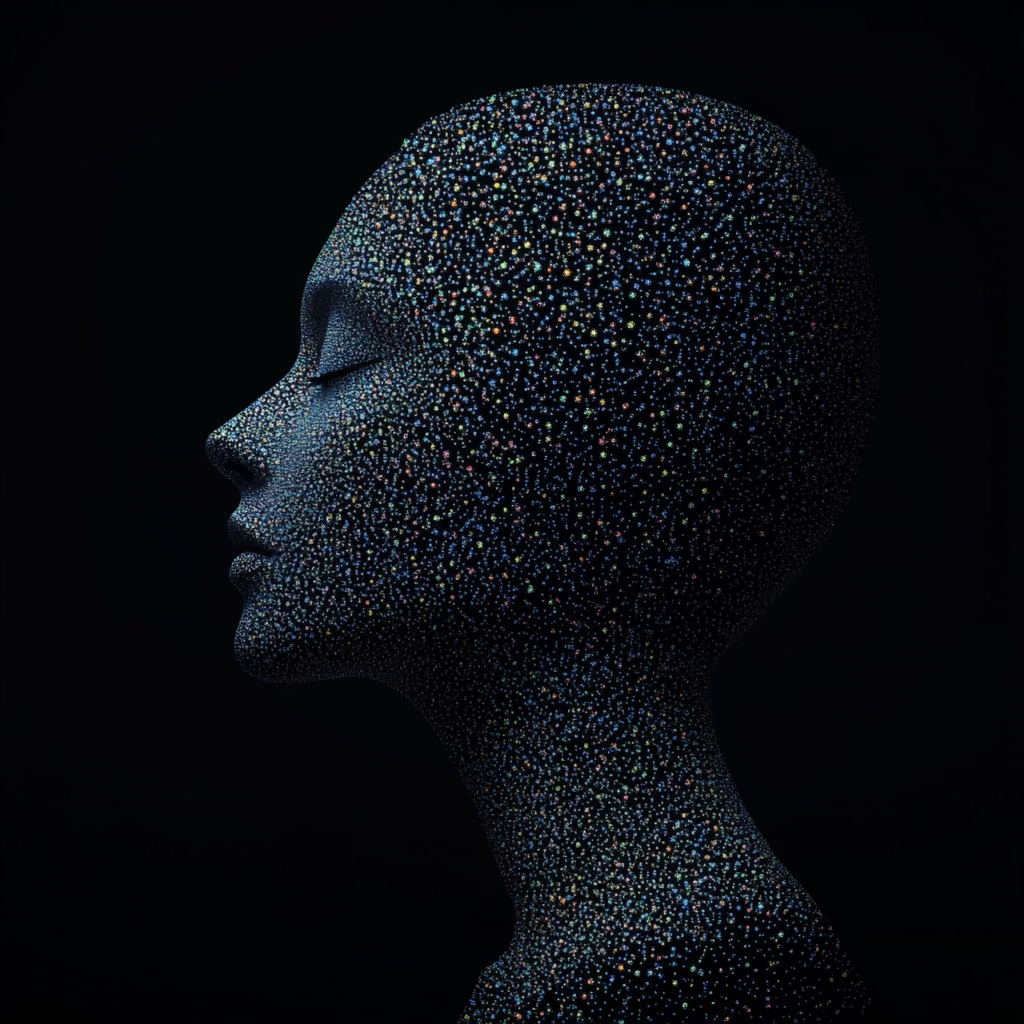I stand at the sink in my house with tears streaming down my face as I finish the latest novel by Richard Powers, 'Playground.' My daughter comes downstairs and asks me what's wrong, and I tell her that the writing is sometimes so powerful that it takes all I am not to fall apart when the story is over. I weep with joy and connection and long for more of the story to go on and continue, but as any good writer can tell you, the story knows when there is a perfect ending. This book ends as it begins - beautiful, tragic, and very human. I also have a profound connection to listening to the audio version of the story - it allows me to tinker with my plants, walk, see, and feel connected to the story in a way I have to discipline myself for when I am reading, in summary - I also suck at sitting still and have a powerful reaction to performant artists.
'Playground' is in the author's distinctive style - meandering through space and time with interconnected stories of people. His other novel, which I also wept over, is called 'Overstory' and is about Trees, and 'Playground' is about ocean. The beautiful human stories are crocheted into many themes that come and go as a good orchestral movement with a climatic build, and it is like listening to a symphony. Let me give you a summary.
Book Summary:
‘Playground’ is a novel that follows Todd Keane, a tech billionaire diagnosed with Lewy body dementia, who uses AI to preserve his memories as his mind deteriorates. The story interweaves multiple narratives, including those of Rafi Young, a literature enthusiast, Evelyne Beaulieu, an oceanographer, and Ina Aroita, an artist on a remote island. Set against the backdrop of a social media platform called Playground and a proposed seasteading project on the island of Makatea, the novel explores themes of technology, environmentalism, and human relationships. Powers uses this complex narrative to examine the intersection of artificial intelligence, human memory, and our connection to the natural world, particularly the oceans.
My well of tears over stories like 'Playground' come not just from empathy with the characters but from my recognition of the precarious relationship with memory. When I told my daughter why I was crying at the sink, I was, at that moment, creating a new memory - one that would become part of both our stories. The terror of forgetting isn't just about loss; it's about losing our ability to choose which memories define us.
Powers shows us this through Todd Keane's desperate attempt to preserve everything, which paradoxically highlights what makes human memory precious - its selectivity. We don't just passively record our experiences; we actively shape them into the narratives that give our lives meaning.
When I listen to audiobooks while tinkering or walking, I'm not just multitasking - I'm weaving the story into the physical fabric of my day, creating associations that become part of how I'll remember both the book and that period of my life. It never ceases to amaze me how I remember a portion of a book whenever I walk under a bridge - the same portion every time, like the memory is resident for me under that same stretch of concrete or maybe in the trees and bushes. I can't believe this is a coincidence, and I want to link this to the work that we are doing with Bast AI.
We've been approaching memory augmentation in AI systems from the wrong angle. Instead of building systems that remember everything perfectly, we should create tools that help humans better understand and navigate their memory-making process. Imagine AI systems that don't just store our memories but help us recognize patterns in which memories we choose to strengthen, which stories we tell ourselves and others, and how these choices shape our communities and shared realities.
The ocean in 'Playground' is a perfect metaphor for this approach - it doesn't preserve everything that falls into it but rather shapes and reshapes what it holds, creating connections and patterns that become part of a larger ecosystem of meaning. Similarly, our goal in augmenting human memory should be to enhance our natural capacity for selective remembering and collective storytelling, not to replace it with perfect recall.
This is why AI systems need to be designed not as replacement memories but as mirrors that help us better understand our memory-making process and story-sharing.
As I dried my tears at the sink that day and grabbed my keys to head to Target (as one does with a 15-year-old), I felt profound gratitude to Richard Powers for crafting yet another story that does what the greatest storytellers have always done - makes us feel less alone. And alone we are not - part of the book is about opening our eyes to the vast intelligence that has always surrounded us.
The author explores our modern quest for artificial minds, showing us the profound irony of our moment: as we race to build machines that can remember everything, we are destroying ancient forms of consciousness that have been thinking, feeling, and remembering in ways we've barely begun to understand. The cuttlefish pulsing enigmatic patterns across its skin, the manta rays' balletic intelligence, and the intricate communities of coral reefs are not background characters but parallel stories of consciousness and connection.
Powers remind us of our place in a world where intelligence takes countless forms, many of which we have yet to have names for. His story reminds us that our memories - imperfect and cherished - are part of a more beautiful symphony of consciousness playing out in our oceans, one we risk losing before we've truly learned its song.
Thank you for this gift of understanding, this moment of profound connection, and this beautiful reminder that the future of intelligence might be found not in our computers but in the depths we're only beginning to comprehend.




